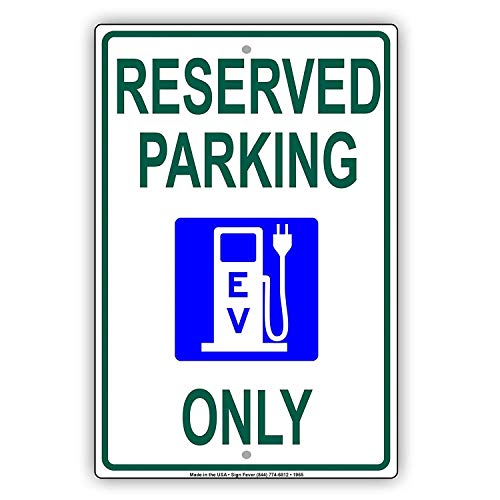Filmcrew
Member
I regularly get 3.7 to 4.2 miles to the kw on the computer on a full to empty charge journey....sometimes with as little as 3 leaves (which seems odd)! The question is if the car has a 12 kwh battery and I average 4 kwh that means I should be getting 48 miles on electric from the car. Something is not adding up....anyone know which one is right?


































